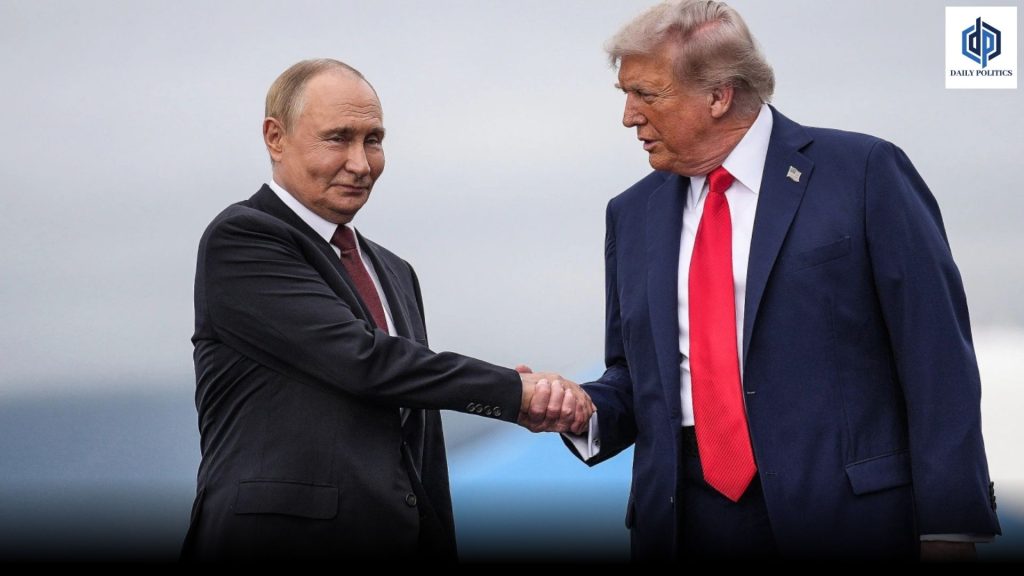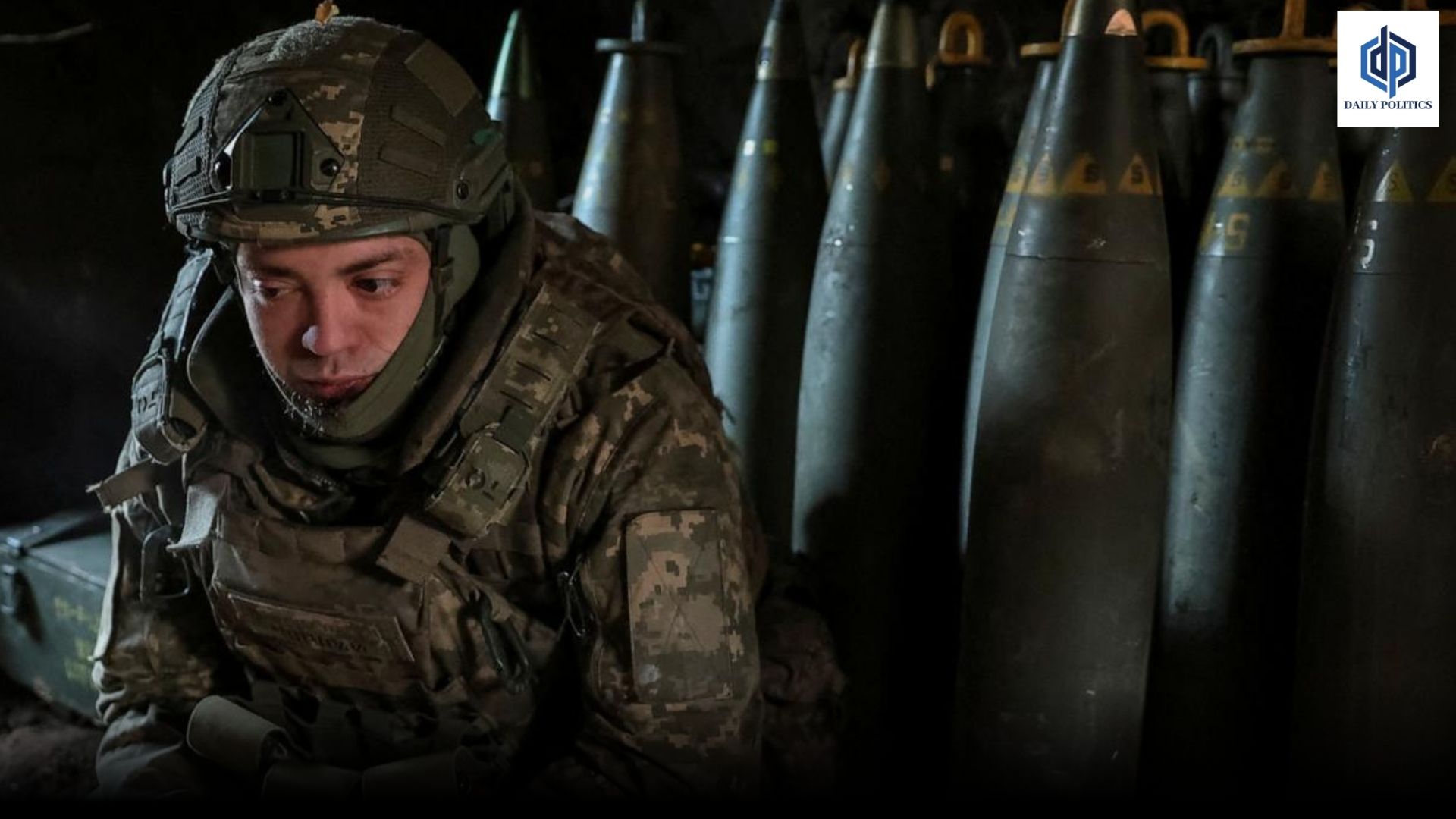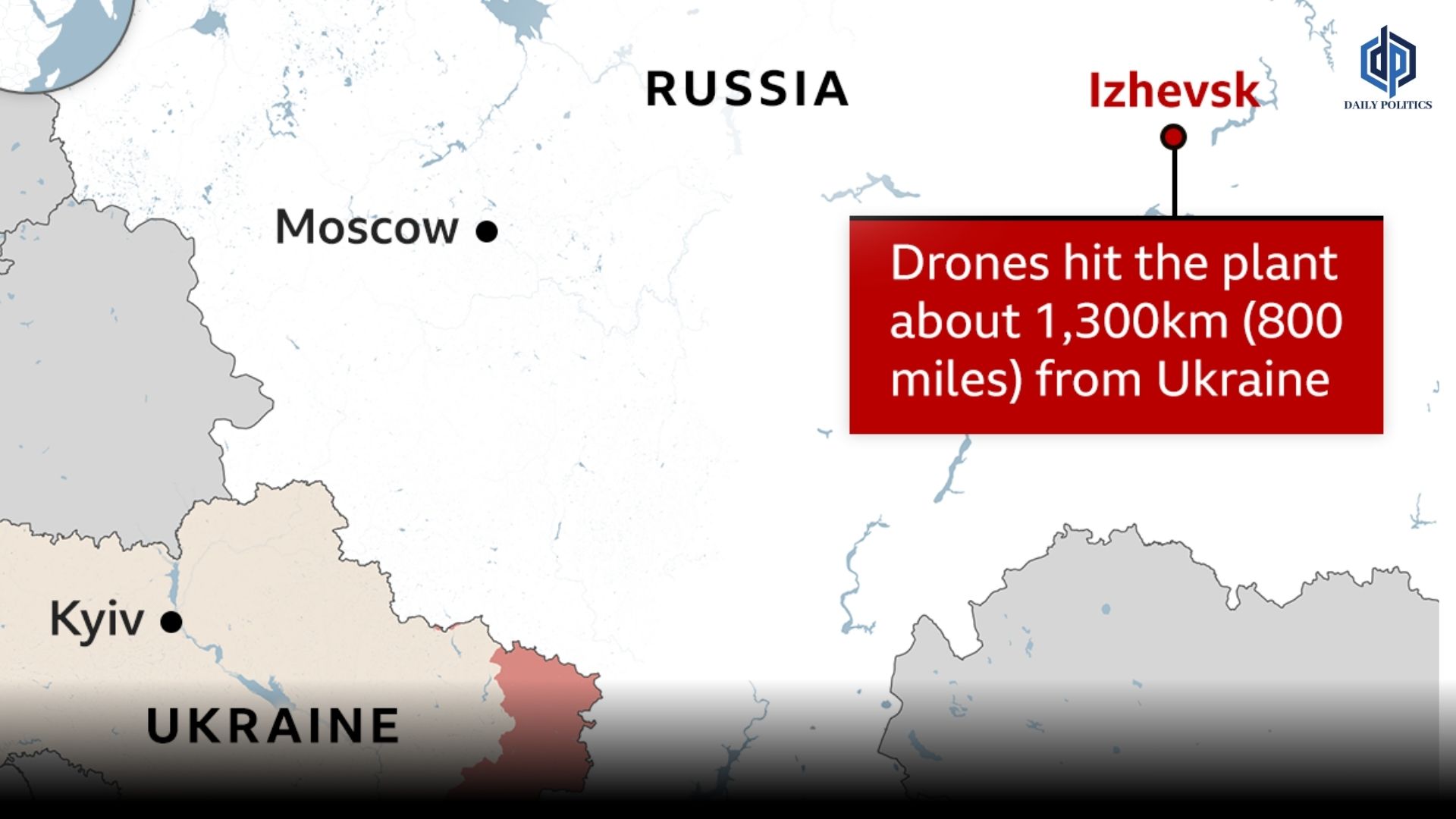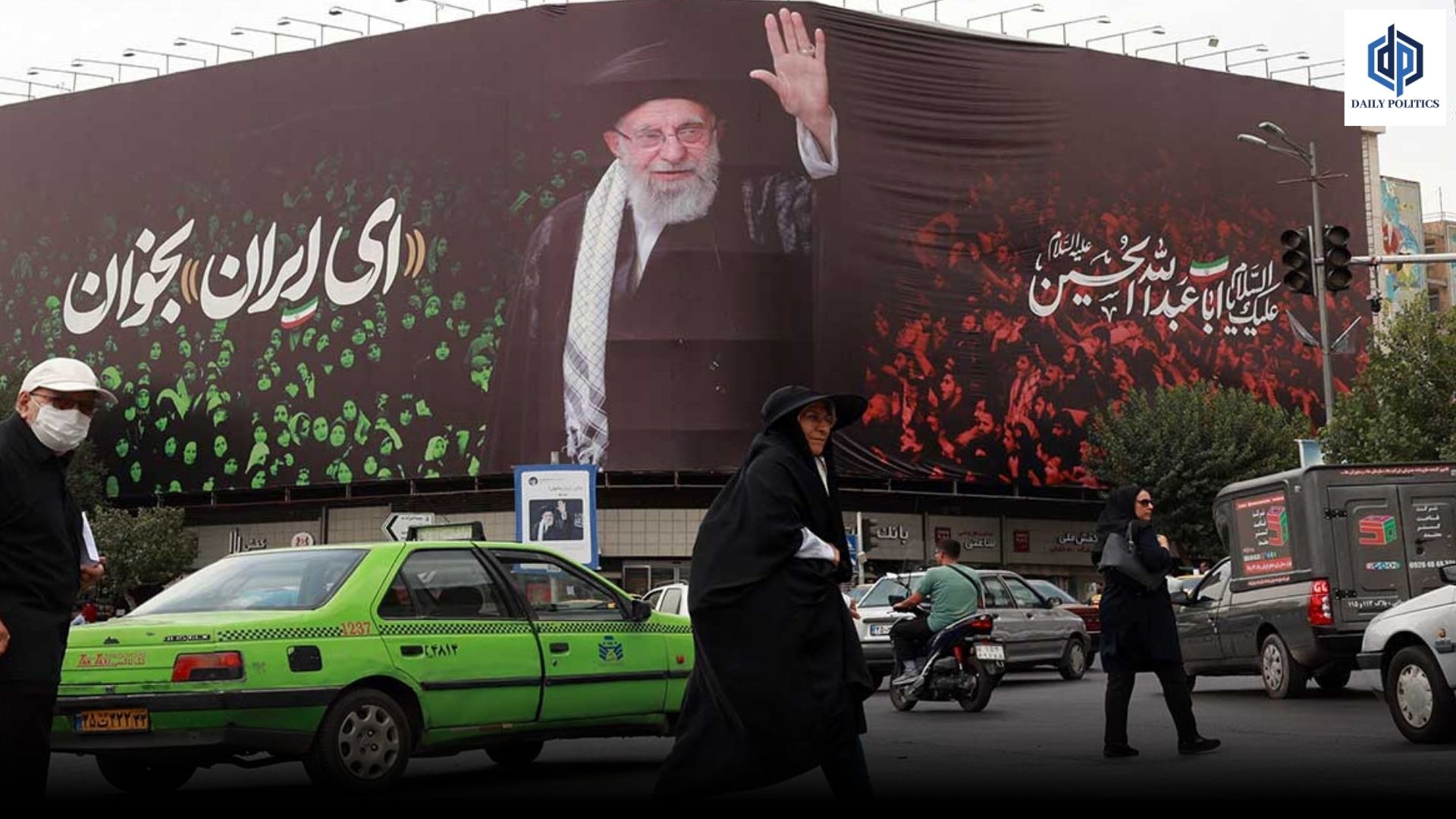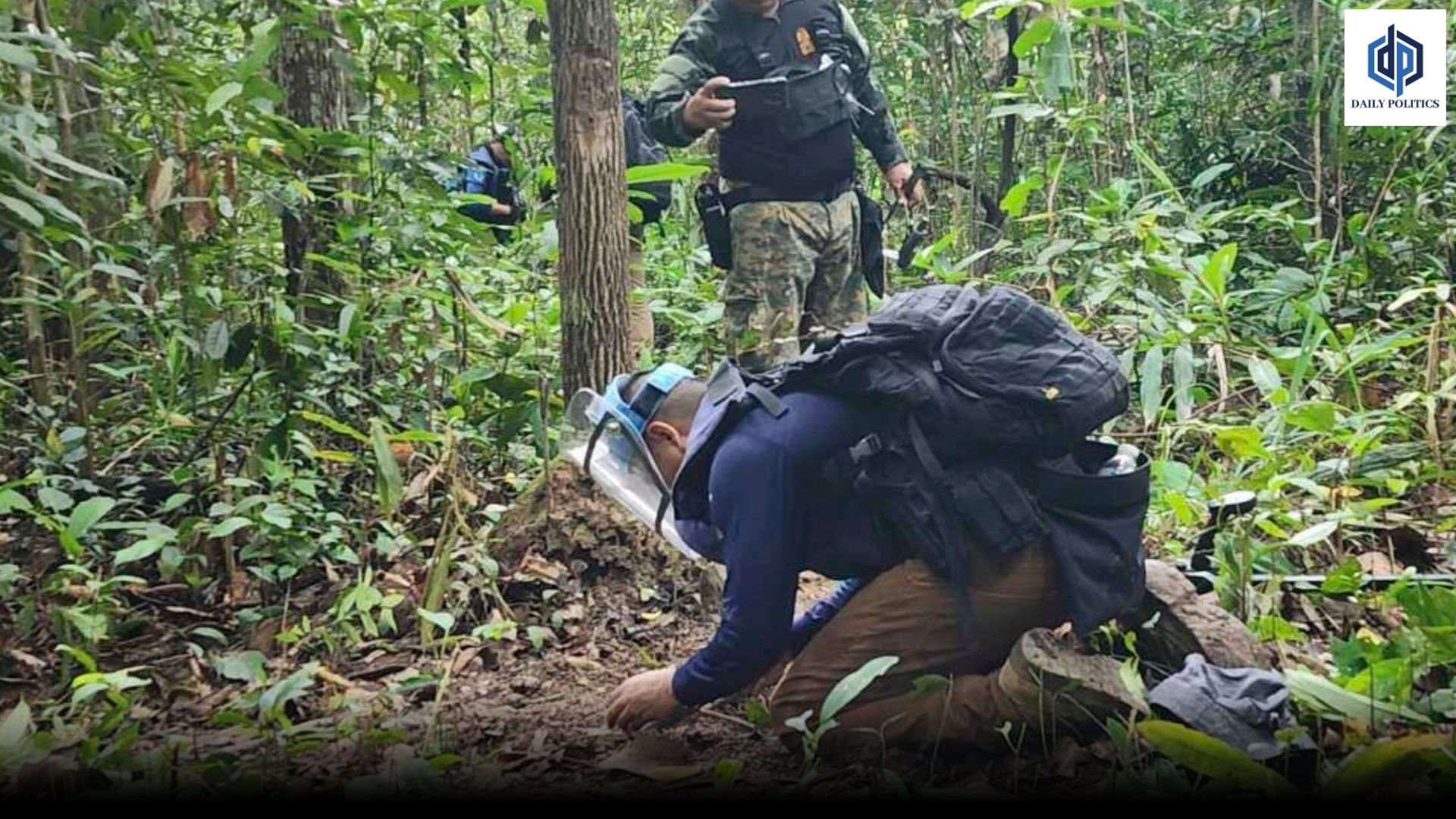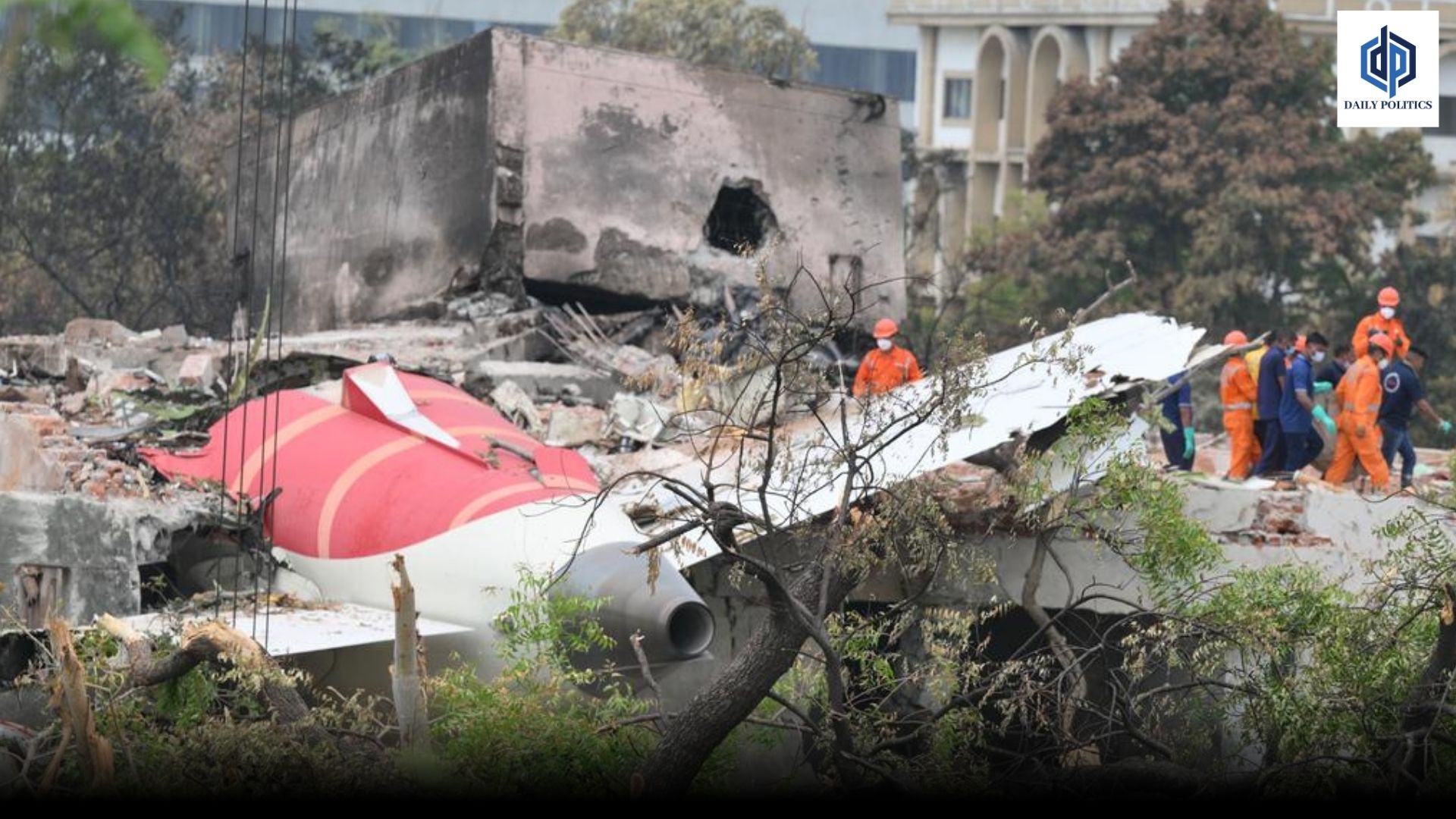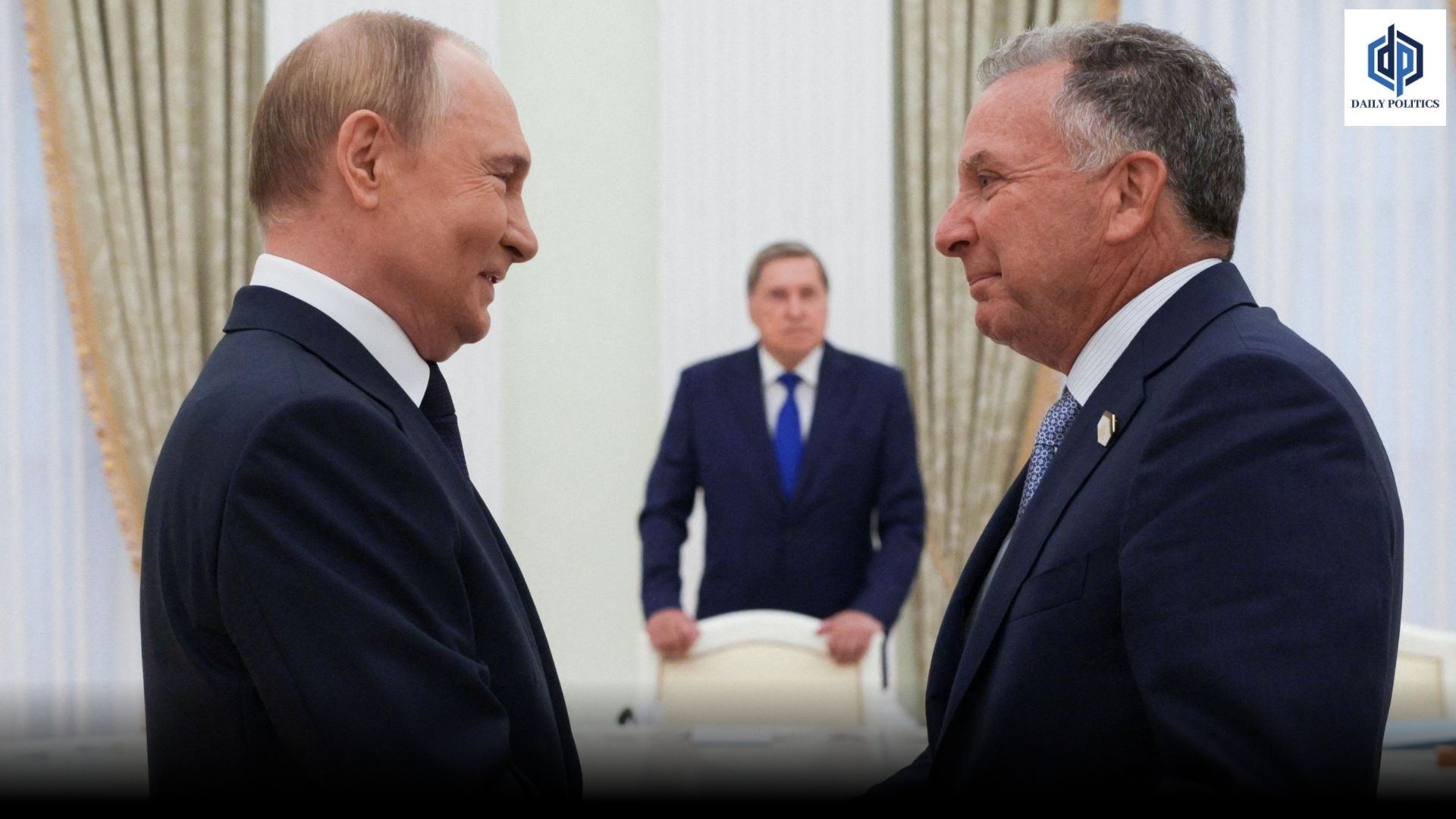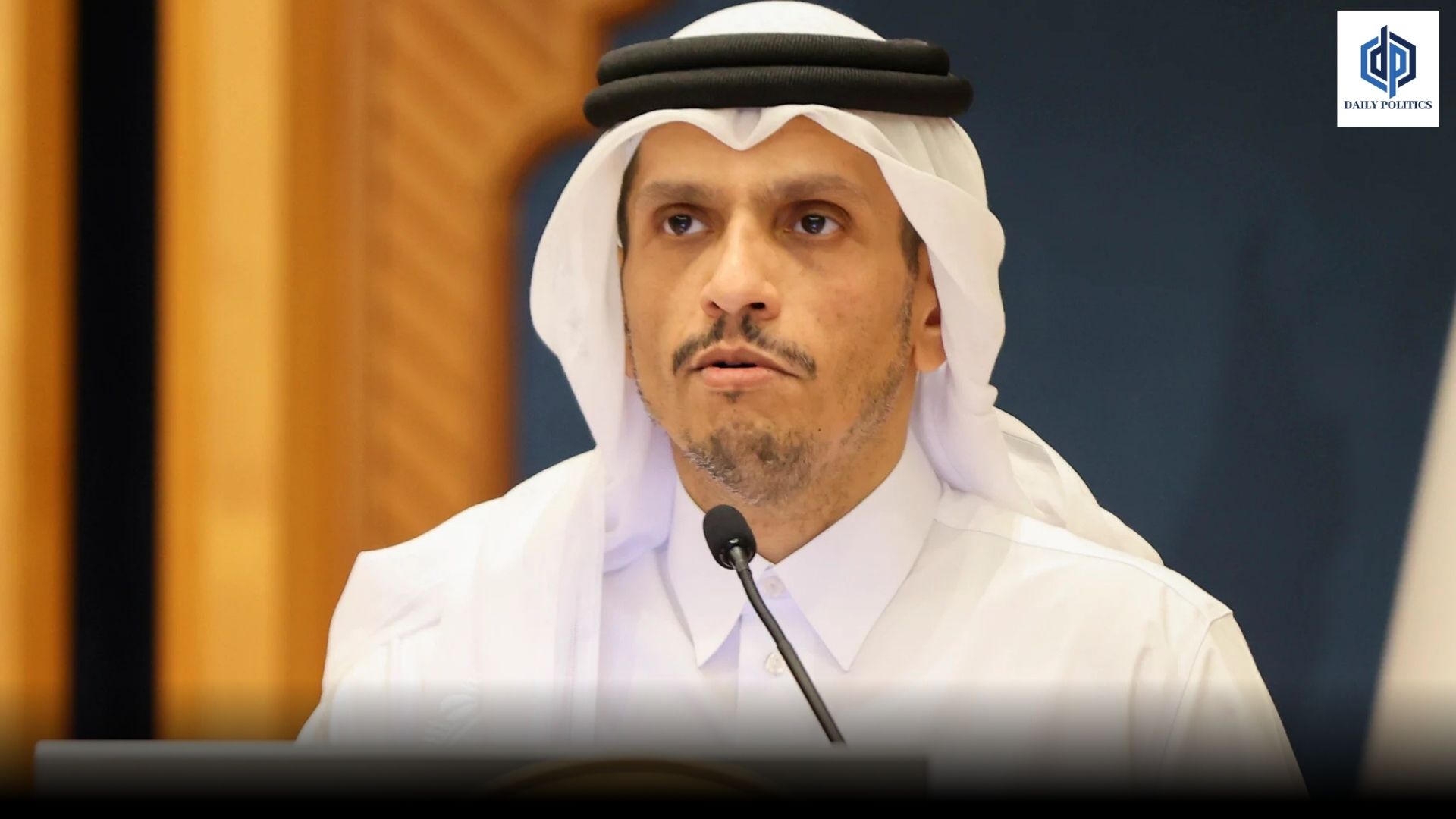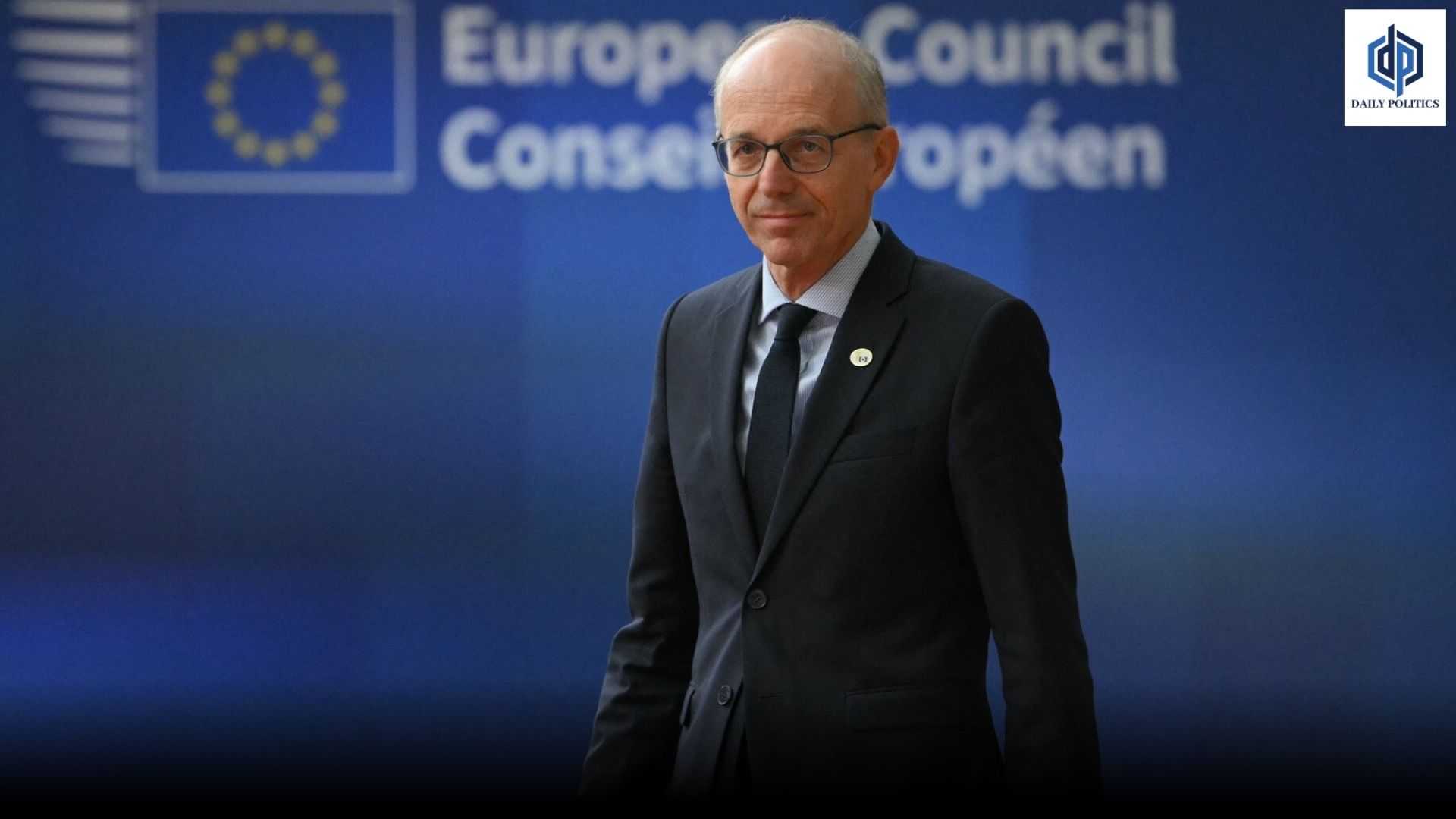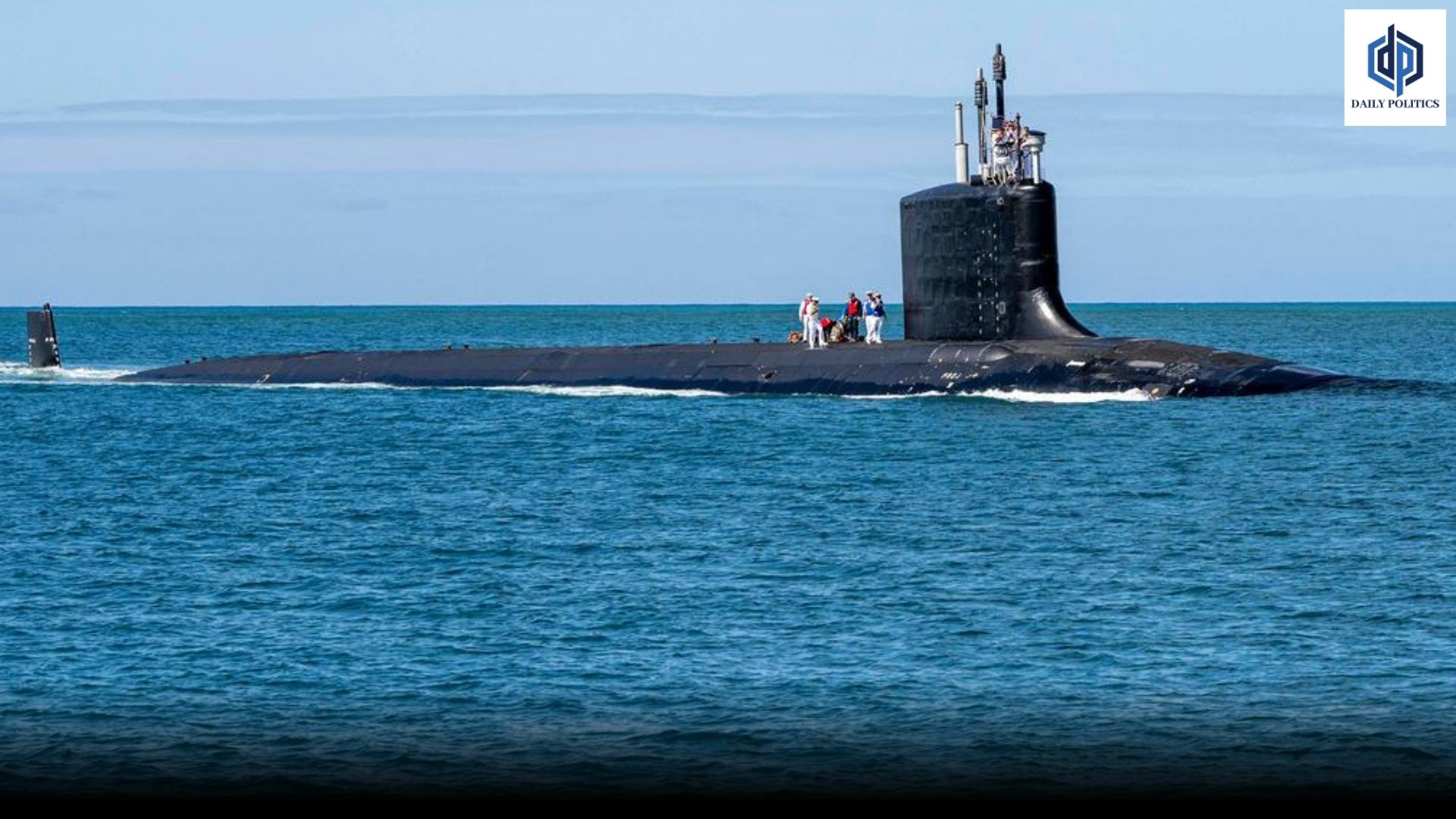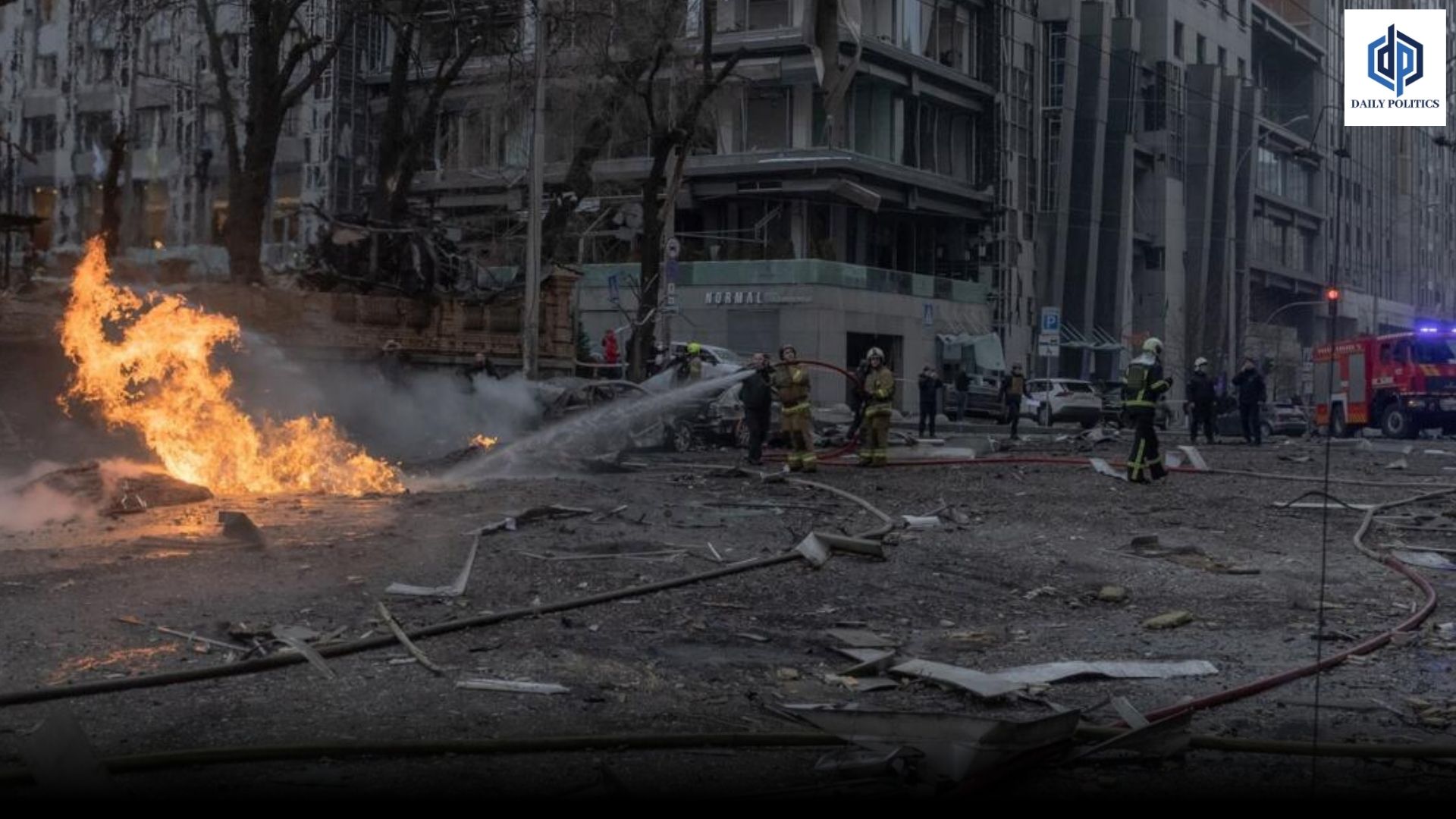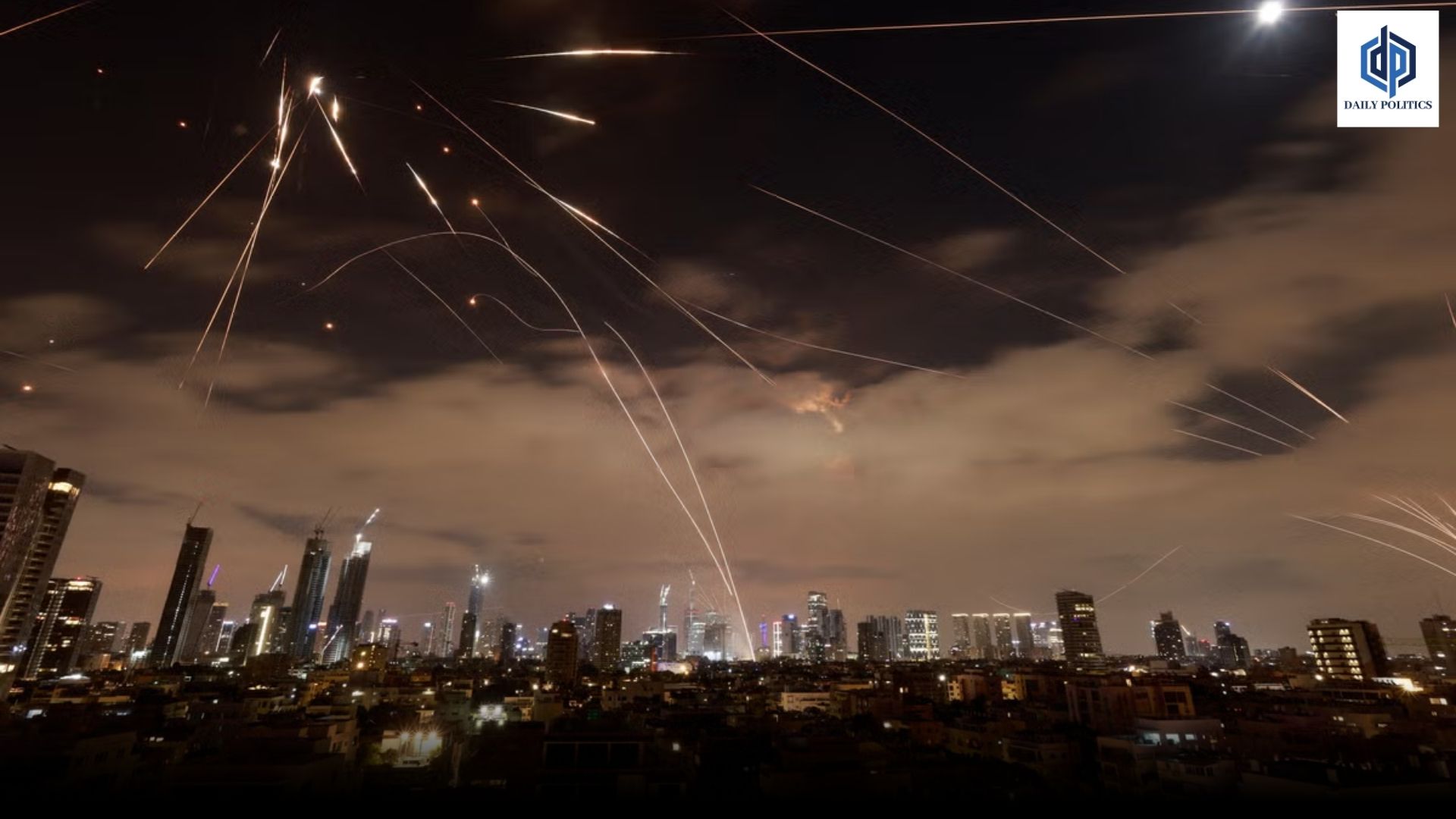During a recent meeting in Alaska, Russian President Vladimir Putin announced that he and US President Donald Trump have come to an “understandings” regarding the conclusion of the Ukraine war.
However, he did not indicate whether he would consent to peace negotiations with Ukrainian President Volodymyr Zelensky, which are being facilitated by Trump, who reportedly set Monday as the deadline for Putin’s reply.
During a summit in China, Putin reiterated his justification for the invasion of Ukraine, placing the blame for the conflict squarely on the West.
After the meeting in Alaska, US special envoy Steve Witkoff reported that President Putin had consented to security guarantees for Ukraine as a component of a possible future peace agreement, although Moscow has not yet verified this information.
During the Shanghai Cooperation Organisation summit in Tianjin, Putin engaged in discussions with Xi Jinping and Narendra Modi.
He expressed gratitude to the leaders of China and India for their backing and their initiatives aimed at “facilitating the resolution of the Ukrainian crisis”.
China and India have emerged as the largest purchasers of Russian crude oil, drawing criticism from Western nations for allegedly supporting the Russian economy, which has suffered significantly due to the ongoing conflict.
During his address, Putin remarked that the “understandings reached” during his meeting with Trump in Alaska were, “I hope, moving in this direction, opening the way to peace in Ukraine.”
He emphasised once again that he believes “this crisis wasn’t triggered by Russia’s attack on Ukraine, but was a result of a coup in Ukraine, which was supported and provoked by the West”.
The war has been attributed to what he described as “the West’s constant attempts to drag Ukraine into Nato.”
The president of Russia has maintained a steadfast opposition to Ukraine’s potential membership in the Western military alliance. However, both this assertion and the notion that the conflict was instigated have faced consistent rejection from Western allies.
In 2014, the world witnessed Russia’s annexation of Crimea, followed by the involvement of Russian proxies in the seizure of portions of eastern Ukraine. In February 2022, President Putin issued orders for a full-scale invasion of Ukraine, marking a significant escalation in the conflict.
In a significant development, Putin’s recent remarks follow closely on the heels of Russia’s second-largest aerial assault on Ukraine since the onset of the conflict.
On Friday, French President Emmanuel Macron announced that President Putin is under a deadline set by Trump, which expires on Monday, to engage in peace talks with President Zelensky.
Macron stated that if the Russian leader does not reach an agreement, it will once again demonstrate that President Putin has outmanoeuvred President Trump.
In a media interview on August 22, Trump reiterated his stance, giving Putin “a couple of weeks” to respond before the US would take action. This statement marks yet another instance of the ultimatums and deadlines he has previously issued to the Russian leader.
Former President Trump has asserted that he possesses the ability to resolve the ongoing conflict in Ukraine within a single day.
After his recent meeting with Putin, Trump shifted his stance, abandoning the call for a ceasefire in favour of advocating for a permanent peace agreement.
He met with Zelensky and several prominent European leaders who made an urgent trip to Washington, DC.
Trump asserted that Ukraine would not be allowed to join NATO as a condition of any peace agreement.
He suggested that security guarantees would be part of the discussion, emphasising that Europe serves as the “first line of defence” and indicating that the United States would play a role in this framework.
“We will provide them with adequate protection,” he stated, while emphasising that this does not entail deploying US troops to Ukraine.
US Special Envoy Witkoff informed reporters that President Putin had consented to security guarantees.
He stated that this would result in the US and Europe “effectively offer Article 5-like language to cover a security guarantee,” alluding to the NATO clause that mandates member states to defend any member that faces an attack.
Ukrainian President Zelensky has indicated that he anticipates a formal outline for security guarantees to be established in writing within the week.
Last Friday, Russia expressed its disapproval of Western proposals, labelling them as “one-sided and clearly designed to contain Russia.” The statement further characterised Kyiv as a “strategic provocateur.”
Hostilities between Russia and Ukraine persist, with ongoing attacks reported. On Thursday, Moscow launched a significant aerial assault on Kyiv, deploying 629 drones and missiles that resulted in the deaths of 23 individuals. This attack marks one of the largest of the conflict to date, eliciting strong condemnation from European leaders.
Germany and France have committed to exerting pressure on Russia to reach an agreement.
In a significant development, Zelensky has dismissed suggestions for the establishment of a buffer zone with Russia in the context of a peace agreement.
He has charged that Russia is unprepared for diplomatic engagement and is actively looking for methods to delay the conclusion of the conflict.

